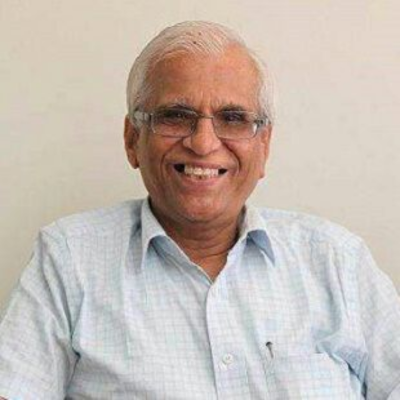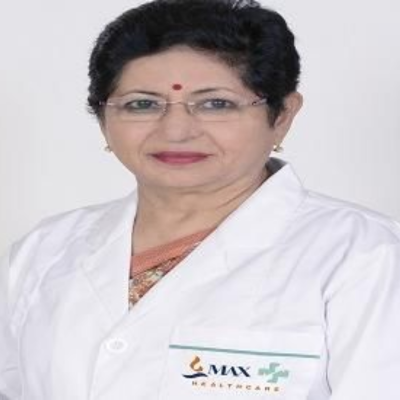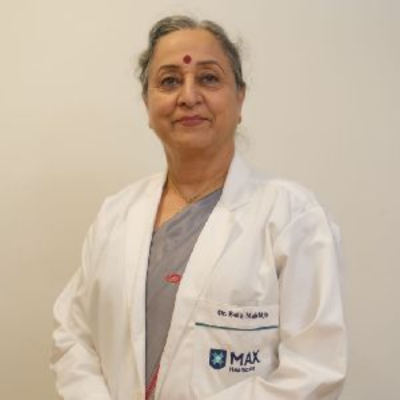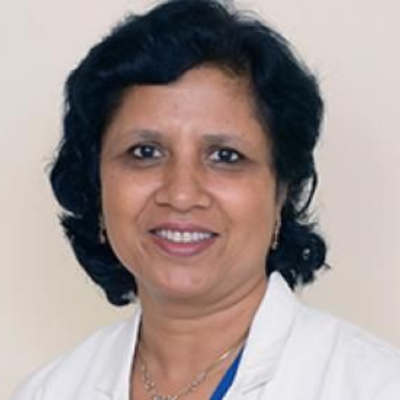The Role of Government Initiatives in Promoting Medical Tourism in India
 02 April,2025
Read More
02 April,2025
Read More
Enquire now in case of any assistance needed
 28 June,2024
28 June,2024
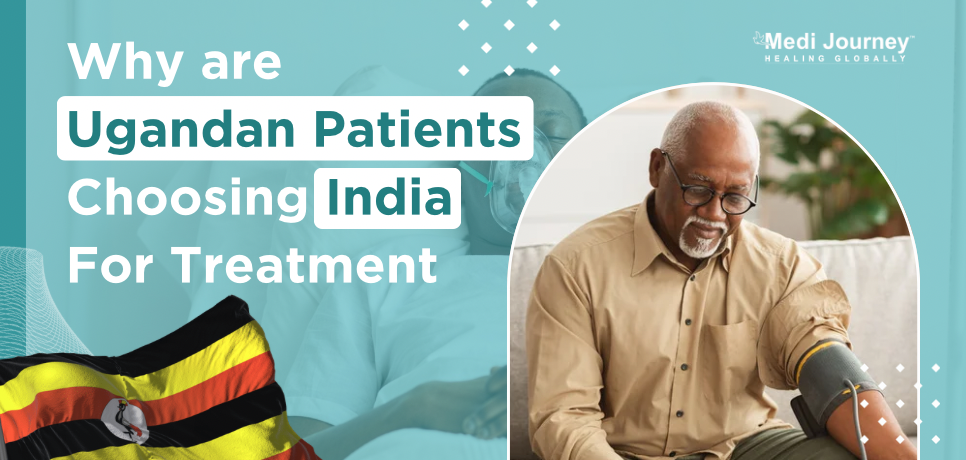
According to the World Health Organization (WHO), around 95% of African patients who want to travel for medical facilities prefer to visit Asia, particularly India. In a country like Uganda, medical facilities are severely limited due to governance and leadership issues, lack of quality medical education, inadequate financial support for healthcare, and high treatment costs. As a result, more than 2,500 patients come to India each year to get safe, affordable, and good-quality medical care.
Since 1965, India and Uganda have harbored a cordial diplomatic relationship, with citizens of both countries easily traveling back and forth. Uganda has also embraced India's cultural heritage, being the only African country to celebrate Diwali in the State House. In the healthcare sector, 30% of Uganda's pharmaceutical imports come from India. A telemedicine center was set up in Mulago Hospital, Kampala, in 2009 to bolster Uganda's medical system further. This center is connected to 11 renowned hospitals in India and offers basic diagnostic services such as x-rays and ultrasounds. This article further elaborates on why India is the favored medical tourism destination for Ugandan patients.
Uganda's healthcare system needs to be adequately developed to treat illnesses faced by its citizens. Therefore, it becomes more convenient for them to travel to India to seek treatment. Some reasons for this are:
There are a few more factors that contribute to India's popularity as a preferred medical tourism destination for Ugandan patients, such as:
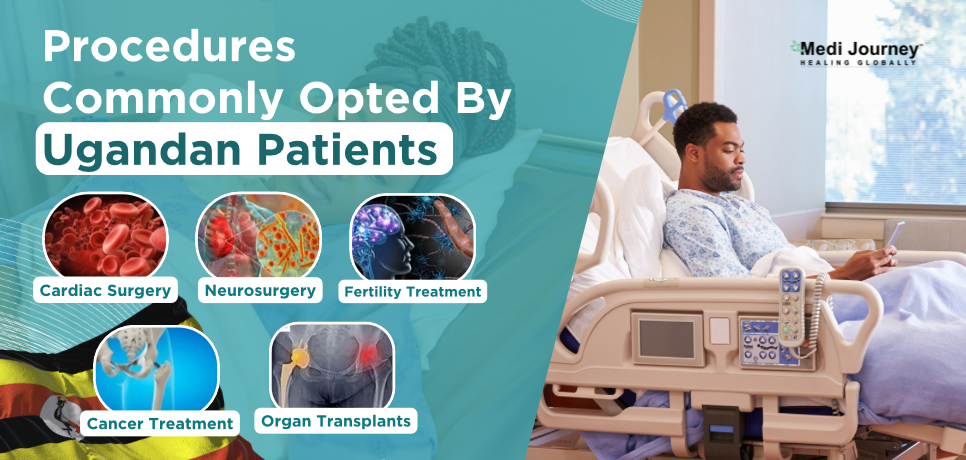
Patients from Uganda come to India to seek different kinds of treatments. The most common specialties are:
Apart from neurology, organ transplant, cancer treatment, and cardiology, patients from Uganda visit India for:
India has over 50 JCI-accredited hospitals, amongst the top choices for Ugandan patients. Some of these hospitals are:
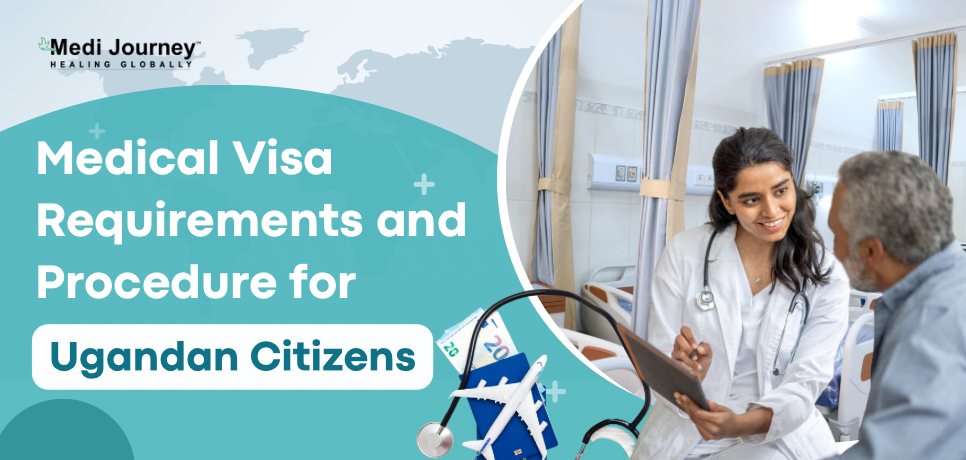
Citizens of Uganda can apply for an Indian medical visa, known as the e-Medical visa, on the Indian visa website or in person at the Indian High Commission or Consulate in Uganda. Family members or close acquaintances traveling with the patient have to apply for a separate visa, known as the e-Medical Attendant visa.
Visa applicants have to produce documents at the time of application as mentioned:
The processing fee for Ugandan citizens applying for an Indian medical visa is UGX 3,00,000 (approximately USD 80). Once paid, this fee is non-refundable.
Ugandan citizens can apply for an Indian medical visa only if the following conditions are fulfilled:
As Uganda's medical system continues to develop, citizens requiring medical care for their illnesses prefer to avail themselves of the ample healthcare facilities provided by India. Top-notch infrastructure, highly qualified medical professionals, advanced treatment procedures, and ease of travel contribute largely to India's popularity as a medical tourism destination for Ugandan patients.
Considering Medical Treatment in India? Get a Free Quote Today!
With MediJourney, explore world-class medical care at an affordable price. With a wide range of treatments, skilled professionals, and a patient-centric approach, India can be your destination for a successful medical journey. Let us help you connect with the right hospital and specialists for your needs.
BDS, Fellowship, MSc
Dr. Ishita Shirvalkar is a dentist, forensic odontologist, and medical writer. She has over two years of clinical experience. She completed her education at reputed institutions such as VSPM Dental College and Research Center in Nagpur.
Director
Hepatologist, HPB and Liver Transplant Surgeon, Surgical Gastroenterologist
Aakash Healthcare Super Speciality Hospital, Dwarka, New Delhi
Dr. Ajitabh Srivastava is one of the best Hepatologists, Surgical Gastroenterologists, and Liver Transplant Surgeons in New Delhi. With over 26 years of experience, he has performed over 2500 liver transplant procedures. He specializes in hepato-pancreato-biliary (HPB) surgery, gastrointestinal surgery, acute liver failure treatment, laparoscopic surgery, and gall bladder surgery....
Senior Consultant
Medical Oncologist
Nanavati-Max Super Speciality Hospital, Mumbai
Book Appointment WhatsApp UsSenior Director
Gynecologist and Obstetrician, IVF Specialist
Max Super Speciality Hospital, Shalimar Bagh, New Delhi
Book Appointment WhatsApp UsSenior Director
Gynecologist and Obstetrician, IVF Specialist
Max Smart Super Speciality Hospital, Saket, New Delhi
Book Appointment WhatsApp UsSenior Director
Gynecologist and Obstetrician
Max Smart Super Speciality Hospital, Saket, New Delhi
Book Appointment WhatsApp UsSenior Director
Gynecologist and Obstetrician
Max Smart Super Speciality Hospital, Saket, New Delhi
Book Appointment WhatsApp UsSenior Director
Gynecologist and Obstetrician
Max Smart Super Speciality Hospital, Saket, New Delhi
Book Appointment WhatsApp UsFill up the form and get assured assitance within 24 hrs!
The Art of Effective Communication
 24 January,2025
Read More
24 January,2025
Read More
Trusted by Patients
"I am Asim from Bangladesh and was looking for treatment in India for neuro. I visited many websites to get the complete information regarding the treatment but I was not satisfied as I was getting confused. In the meanwhile, one of my friends suggested I seek help from Medi Journey as he experienced his medical journey very smoothly and was satisfied with it. They have filtered the top 10 doctors as per experience, the success rate of surgery & profile, so it helps us to choose the best treatment in India. "
"For my knee surgery, Medi Journey guided me to BLK Hospital where I received exceptional care. The team's support and the expertise at BLK Hospital exceeded my expectations. Thank you Medi Journey for making my medical journey stress-free. "
"I came from Iraq for my granddaughter's eye surgery in India facilitated by Medi Journey, due to critical cases they advised us to get a second opinion from the different hospitals before going to surgery. Finally, we went to Fortis Escort Hospital, which helped us to get more confidence for diagnosis. Fortis Escort Hospital has the best eye surgeon team with the latest instruments. Thanks to all team members for providing a high-quality treatment in India at an affordable cost. "
"I came for my hair transplant in India, before coming I was so confused about choosing the best clinic and surgeon for me. But thanks to God one of my friends had a hair transplant in India through Medi Journey. He recommended me to go with them. I am completely happy with my experience with them. They were always very fast in their responses to me. the success rate of my hair transplant surgery is 100%."
"Artemis Hospital, suggested by Medi Journey, turned out to be a great choice for my treatment. The personalized assistance and medical care were exceptional. I'm grateful to Medi Journey for guiding me to a hospital that perfectly matched my needs. Highly recommended! "
"I came from Afghanistan for my treatment in India at Jaypee Hospital, Noida. I had a fantastic experience with Medi Journey. Kudos to them for their incredible support during my medical journey. They not only took care of all the logistics but also connected me with a fantastic healthcare team. Efficient, caring, and highly recommended for a hassle-free medical tourism experience."
"I am Adam from Kano, Nigeria, one of my friends from Nigeria was facilitated by Medi Journey, and he recommended us to go with them. I sent my all reports to them and within 48 hours they reverted with 4 options from different hospitals. They helped me to get a Visa letter from the hospital, arrange pick-up from the airport, and book a hotel for me. Their team is very honest and throughout our stay in India they are with us they are caring for us like his family members. BLK Hospital is the best hospital in India with a top surgical oncologist surgeon team, a very advanced OT, and a Radiotherapy department. I wish more success to Medi Journey. "
"Great experience at the Max Hospital for my spine surgery and was successfully done. I thank my neurosurgeon and his entire team. I recommended all of my country's people to Medi Journey for treatment in India, they choose the best hospital, the best doctors, and the best cost for patients."
"I came to India from Dhaka, Bangladesh for my father-in-law's cardiac surgery at Fortis Hospital. I was confused about choosing the best surgeon for him before coming, but their team helped me to choose the best hospital and best cardiac surgeon in India with very good cost and 100% success rate of surgery. I am very happy with the services, really they make my journey so comfortable that make me feel at home. Thanks again and I like people to choose "Medi Journey" as your travel guide. "
"I am Mohammad from Bangladesh came to India for my general health checkup. Medi Journey offers me the complete package including Pick-up from the airport, hotel services, and 24-hour assistance. They guide you to choose the best hospital in India, the best cost of treatment with top-most doctors and give you complete information about hotel booking, and pick-up from the airport before coming to India They have the best team to help. Always choose Medi Journey for your treatment in India."
